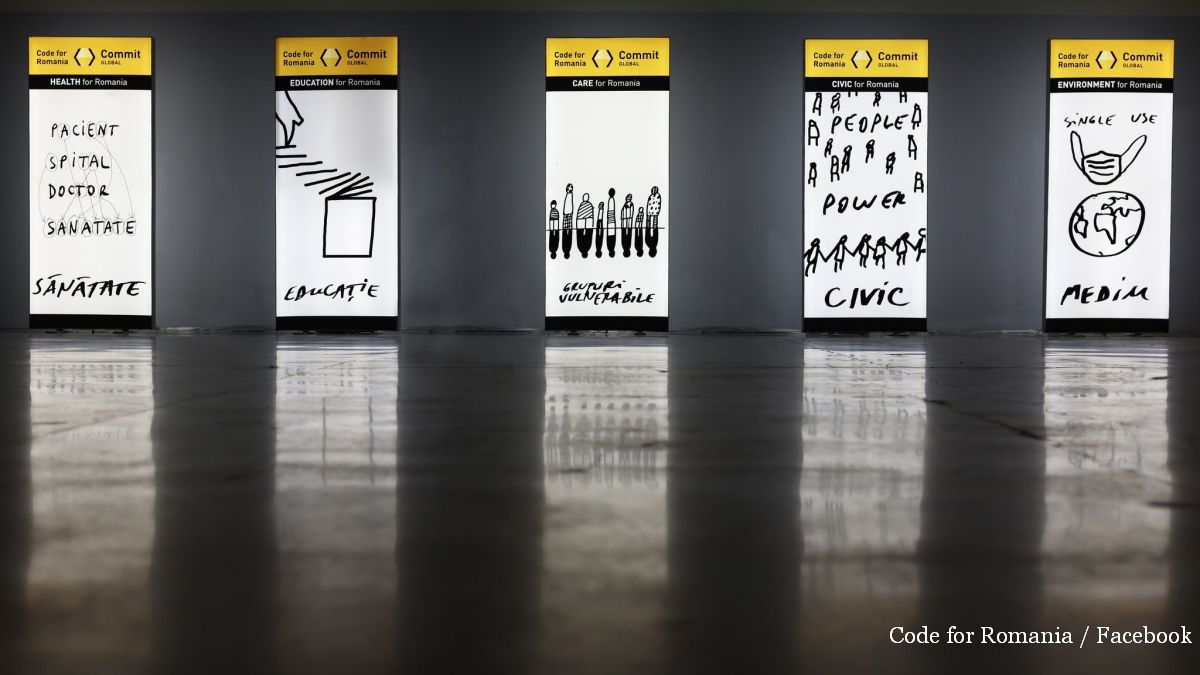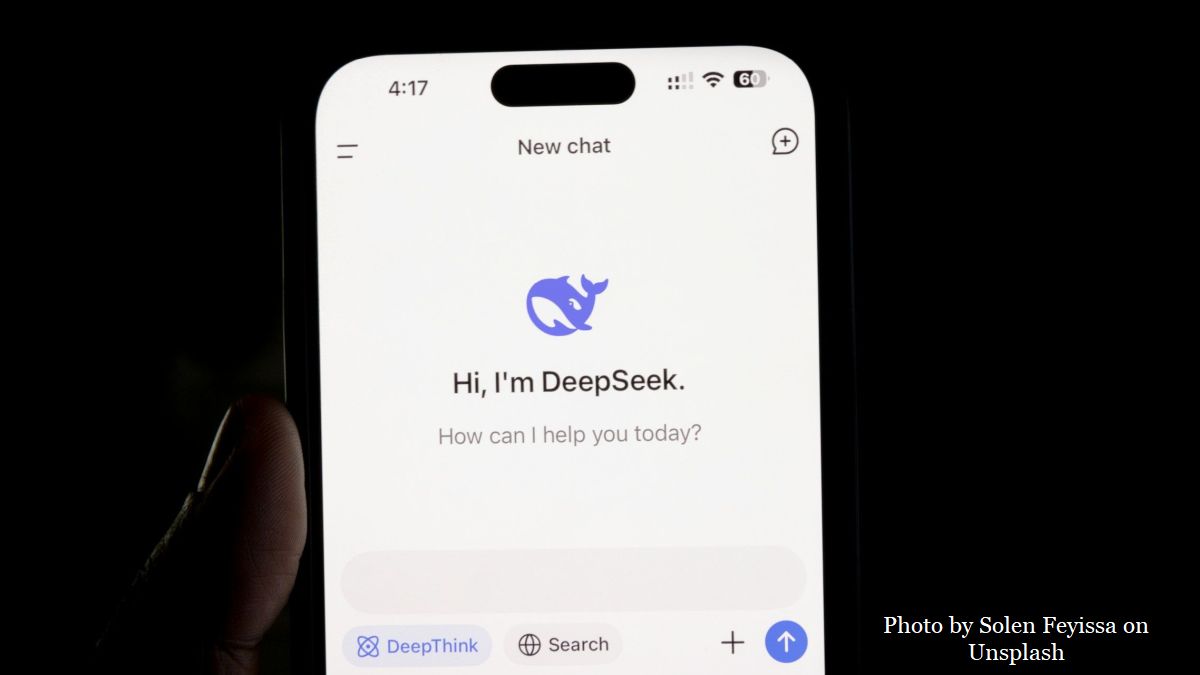The Medicine of the Future
The future of medicine is digital

Corina Cristea, 08.09.2023, 14:00
When we talk about the future of medicine, we hear terms such as Age Tech, artificial empathy, cloud computing, machine learning, blockchain, or other innovations in tech, in order to better prevent and diagnose disease. Starting from simple accessories by now, such as smart watches or bracelets, people can monitor their health, or schedule an appointment with their physician in case the data collected by these devices advises to do so. There is more an more talk about a future in which doctors and patients are connected, and major companies are looking into the future of the medical domain. Google already has an automated system for detecting breast cancer, while Microsoft has already got involved in augmented or virtual reality for delivering customized medication for any given patient. The new technologies allow healthcare benefits such as personalized treatment, instant medical data being accessed from large databases able to be accessed by hospitals, physicians, or patients, not to mention a revolution in genetics. We spoke about all these with university lecturer Elena Ovreiu, with the Bucharest Polytechnic:
“Practically speaking, all these digital technologies applied in healthcare do one thing: they help us gather data, get medical data from the patient, results from tests or imaging, but also data about the patient’s history, such as how many times they were an inpatient, what care they got, or his history. This is medical data acquisition. Then the question becomes: How do we get these data from various sensors, technologies, or portable sensors? How do we save these data, how do we protect them, what do we do with them? Because we are talking about personal patient data, which we need to secure, so this is the other direction, cybersecurity. We need to put them into databases to allow interoperability, allowing them to be conveyed between hospitals. And here we come to the idea of standardizing databases and normalizing them. And, once we have data that has been acquired, the question is: What do we do with them, how do we analyze them? What information can we glean from this data, how do we use them to be useful for patients and the healthcare system? As you can see, medical data raise a big number of problems, and technology can provide solutions.
One thing is certain: the medicine of the future will be more and more reliant on AI, and this is very profitable, considering that the medical system was not designed to cope with this great increase in chronic conditions, which right now have come to account for 80% of healthcare expenditures. The benefits of the new technologies are huge, according to experts. The algorithms for analysis and AI have the advantage in the quality and outcome of treatments, reducing costs, and in providing better decisions at the strategic level. Here is Cristina Berteanu, senior emergency physician, PhD, and senior researcher in R&D:
“First of all, these technologies prevent many emergency room cases, they prevent aggravated conditions by making real time decisions, they rely on patient engagement, whereby the patient is involved in managing their symptoms, so this whole digital side has a role in treatments and solving problems. This means faster access, reduced costs, and the accumulation of data that can have further use.
This is even more valuable as healthcare systems around the world face a severe human resource shortfall. Romania has very good quality IT systems and people, has high quality medical personnel, and this association can result in very good electronic medical records. This is according to emergency lung physician Theo Trandafirescu, currently residing in the US:
“This is the future: digital medicine and digital medical records. Improving the health of the population takes intensive resources, collaborative resources, which takes strong partnerships. Data are essential to help us understand patients, diseases, and how data are applied. The population has social and medical needs, and we answer these needs with these innovative programs.
Theo Trandafirescu said that we are already in the middle of a genetic revolution, and that the science world reacted very quickly to so-called genomic products, and research in this direction advanced very quickly over the last few years. Immunology already makes an impact in oncology, but also in the treatment of other ailments such as arthritis, and, with the help of genomics, physicians are better able to understand diseases and propose a customized treatment.






























